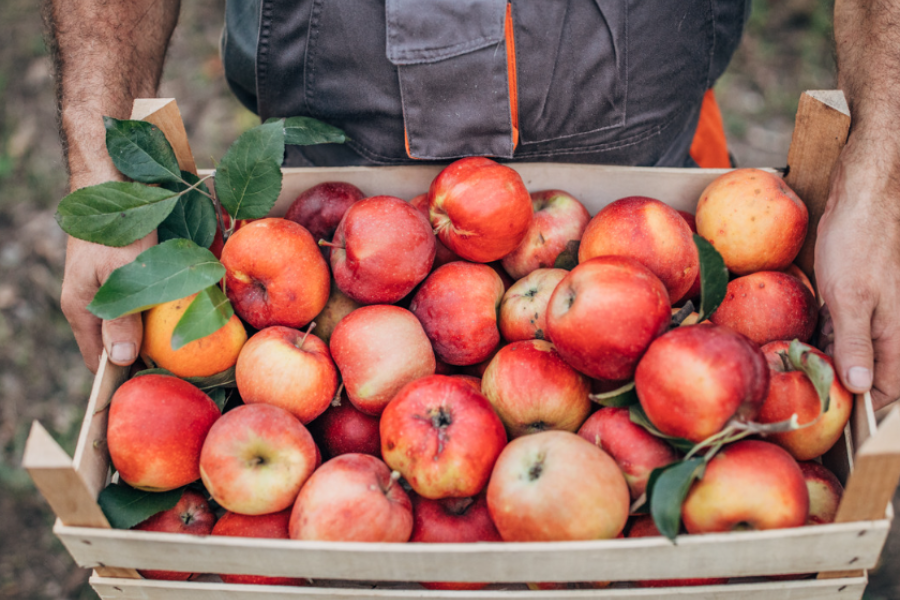
The problem
The activity addresses the issue of promoting healthy eating habits among students. By incentivizing the daily consumption of fruits and vegetables through a point system and introducing friendly class competition, the school encourages a shift in student snack choices.
The initiative aims to combat potential health problems associated with poor dietary habits and instills a long-term positive impact on students' overall well-being.
The solution we used
The challenge incentivizes daily consumption of fruits and vegetables through a point system, creating a positive reinforcement mechanism. By turning this into a friendly class competition with tangible rewards, such as a trip to a nearby farm for the top-performing classes, the school effectively encourages a shift in student snack choices.
This solution not only addresses the problem of potential health issues associated with poor dietary habits but also establishes a sustainable and engaging way to instill healthier eating practices among students.
Implementation
- Establishing Guidelines: The school set clear guidelines for the challenge, specifying that each student must bring and consume a piece of fruit or a vegetable as a daily snack. Classes earn points for each day that all students comply with this requirement.
- Point System: A point system was introduced, where classes accumulate points based on the number of days all students bring a fruit or vegetable. No points are awarded if a student doesn't bring a snack. This systematic approach adds an element of competition and motivation.
- Recordkeeping: Points are recorded on a visible list in the school's entrance hall, providing transparency and encouraging a sense of competition among classes.
- Reward Structure: The challenge incorporates a reward structure, with the top three classes earning a trip to a nearby farm. This tangible reward serves as an incentive for classes to actively participate and encourages healthy eating habits.
- Peer Involvement: The activity allows for peer involvement, permitting students to bring snacks for their classmates and share with them. This promotes a sense of community and cooperation within the classes.
- Ongoing Evaluation: The long-term impact of the initiative is monitored, with the school observing changes in the types of snacks students bring to school. This ongoing evaluation helps assess the effectiveness of the activity in promoting healthier eating habits.
Evaluation
- Participation Rates: Evaluate the percentage of students and classes actively participating in the Fruit and Vegetable Challenge to determine overall engagement.
- Behavioral Changes: Assess whether the challenge has resulted in observable behavioral changes, such as an increase in the number of students bringing fruits or vegetables as snacks.
- Point Accumulation: Examine the point accumulation over time to see if classes consistently participate and if there are noticeable trends in points earned.
- Effect on Snack Choices: Evaluate the types of snacks brought by students to assess whether there has been a positive shift toward healthier options.
- Classroom Atmosphere: Consider any changes in the classroom atmosphere, collaboration, and peer relationships resulting from the challenge.
- Farm Trip Feedback: Gather feedback from classes that earned the farm trip reward to understand the perceived value and impact of the incentive.
- Long-Term Impact: Assess whether the positive impact on snack choices is sustained over the long term and if the challenge has become a lasting part of the school culture.
- Parental Involvement: Evaluate the level of involvement and support from parents, as their influence can be crucial in reinforcing healthy eating habits at home.
